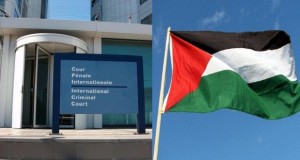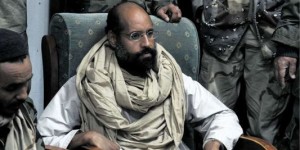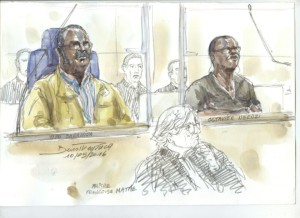Mahmoud Abbas, the president of Palestine, announced his intention on Monday to sue the government of the United Kingdom over the 1917 Balfour Declaration which paved the way for the creation of Israel.
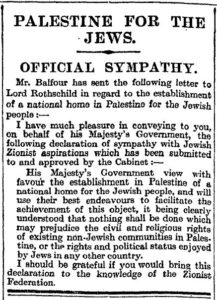
Balfour Declaration published in The Times of London - 9 November 1917
The statement of Abbas was delivered by foreign minister Riyad al-Maliki at the opening of this week’s Arab League summit in Mauritania, in the absence of Abbas.
It is said that the 1917 Balfour Declaration, named after then UK Foreign Secretary Lord Arthur Balfour, pledged to support the establishment of a “national home” for the Jewish people in Palestine. The Declaration is seen as a key milestone for the Zionist movement.
The document formed the basis of the British Mandate for Palestine, which was formally approved by the League of Nations in 1922.
Al-Maliki said that the Balfour Declaration led to mass Jewish immigration to British Mandate Palestine. According to al-Maliki, the Declaration “gave people who don’t belong there something that wasn’t theirs”.
In the statement it was further said that the United Kingdom was responsible for all “Israeli crimes” since the end of the British mandate in 1948.
According to the statement, the lawsuit would be filed “in an international court”, but no further details on the planned lawsuit were provided. Gulf News reported that Dr Hanna Eissa, part of the Palestinian team preparing the lawsuit, mentioned the International Court of Justice, which can issue non-binding advisory opinions.

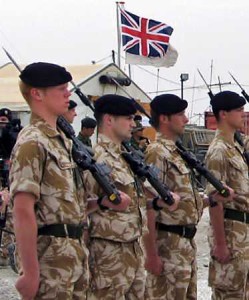 by Rishi Gulati and Matthew Nelson*
by Rishi Gulati and Matthew Nelson*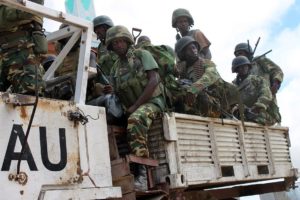 South Sudan conflict was one of the main concerns of the last African Union (AU) Summit held in Kigali (Rwanda) on 17 and 18 July 2016, where the African leaders made it official that they were willing to
South Sudan conflict was one of the main concerns of the last African Union (AU) Summit held in Kigali (Rwanda) on 17 and 18 July 2016, where the African leaders made it official that they were willing to 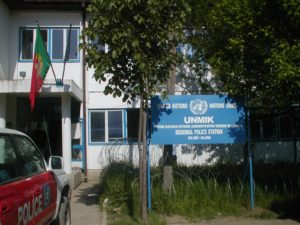

 Goran Hadžić, the former Croatian-Serb rebel leader,
Goran Hadžić, the former Croatian-Serb rebel leader,  Yesterday, the Appeals Chamber of the
Yesterday, the Appeals Chamber of the 